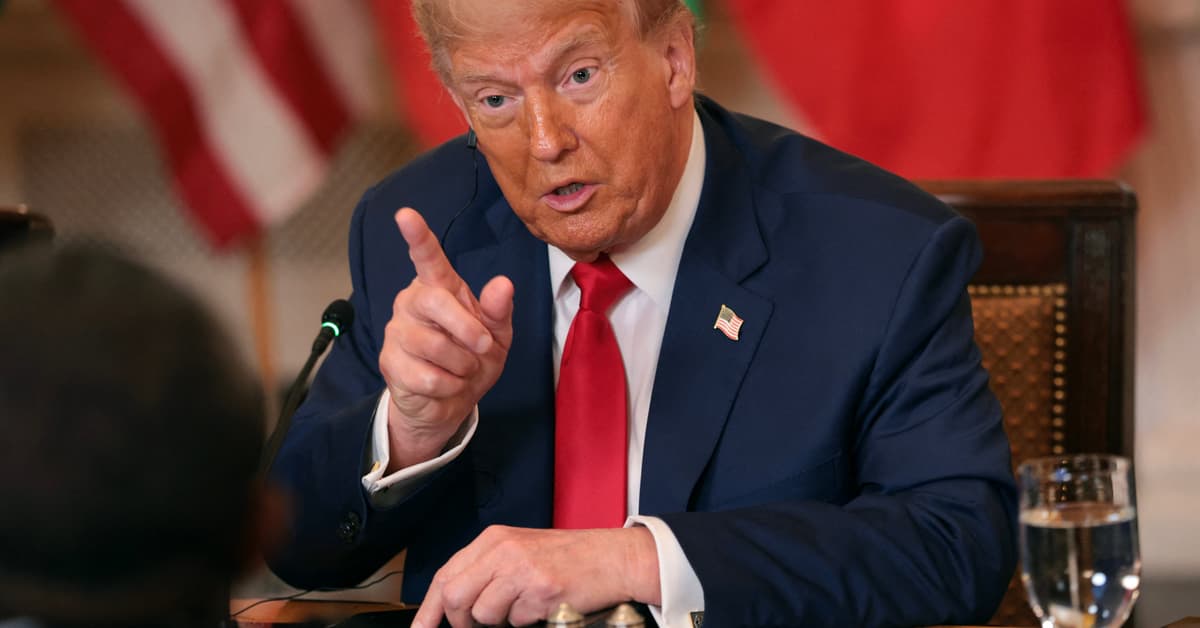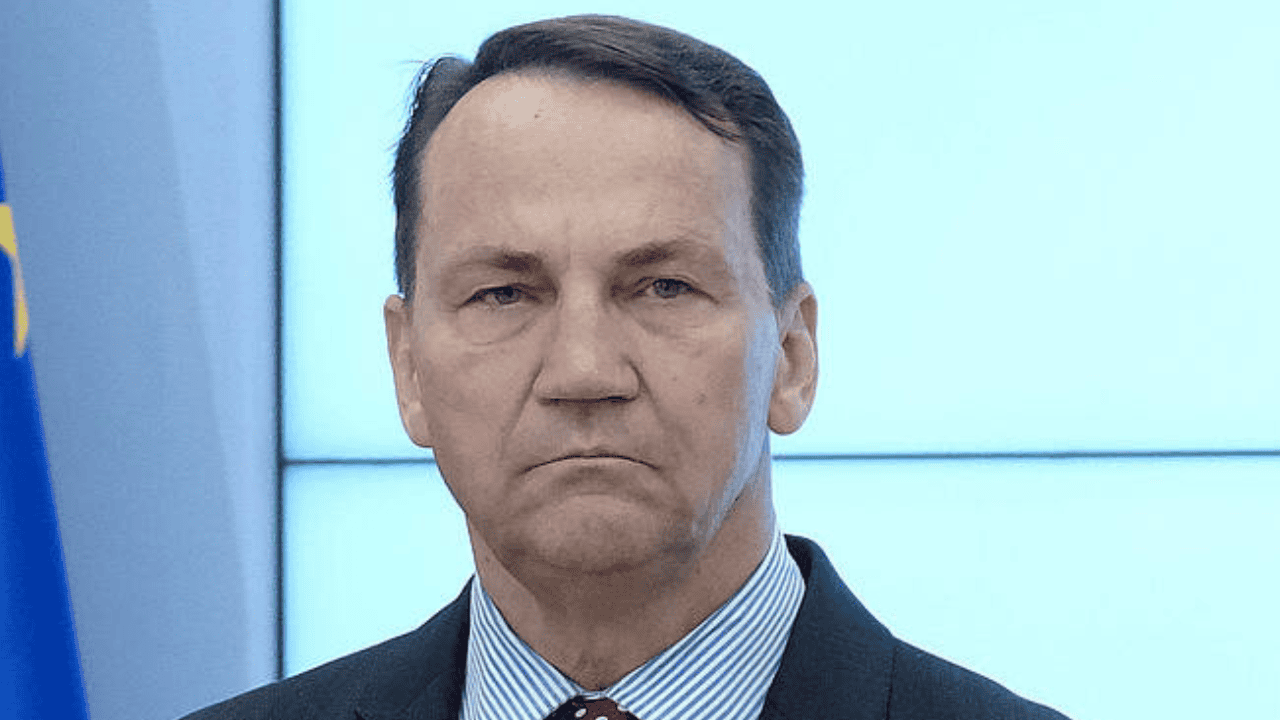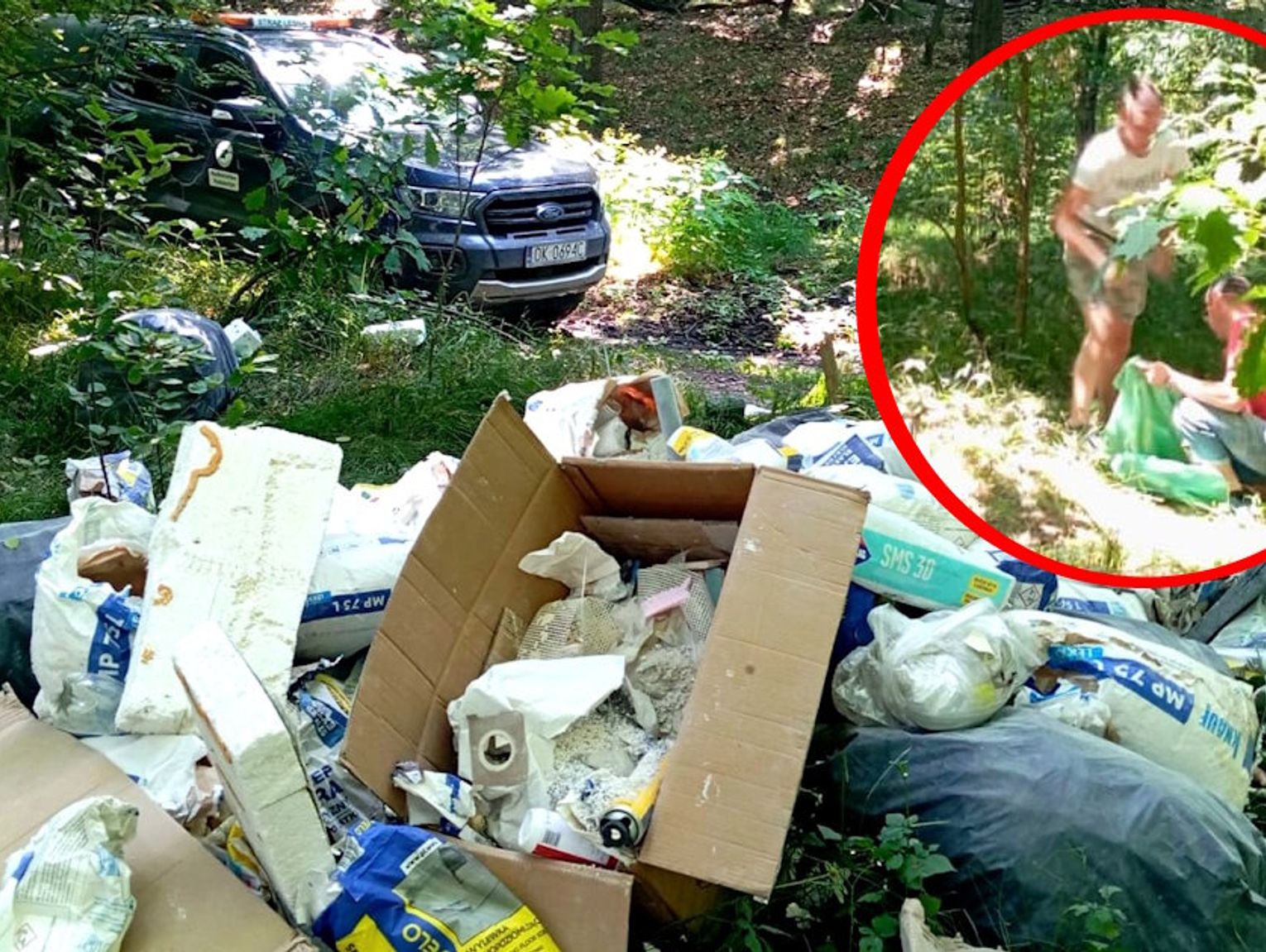Politicians who spent years describing Britain in catastrophic terms now condemn identical rhetoric from their opponents. The shifting positions reveal widespread political hypocrisy that undermines credibility across the spectrum.
Former Prime Minister Liz Truss exemplifies this transformation perfectly. She once enthusiastically described South London areas like Deptford as "fantastic", praising local restaurants and venues to colleagues. Now she tells American commentators that her former neighbourhood harbours "an elite that hates Britain" and claims the 2012 Olympics opening ceremony she previously supported doesn't represent "the average Briton".
Labour's own catastrophic rhetoric
Keir Starmer (Labour) deployed equally apocalyptic language throughout his political career. In his 2024 election manifesto, he declared the nation's "sense of security has been badly eroded" and "serious violence is too high". The Prime Minister proclaimed "the NHS is broken" and blamed the Conservatives for destroying it completely.
This directly contradicts his current criticism of "broken Britain" narratives from political opponents. For over a decade, Labour painted Britain as undergoing "complete social, economic and moral implosion", with shadow ministers claiming every system from education to transport had been systematically "run into the ground".
Labour's doom-laden economic predictions became so extreme that Starmer and Rachel Reeves were forced to acknowledge business leaders' concerns. They frantically began talking up Great Britain PLC instead of claiming it had disappeared into what they called a "Tory black-hole".
Expert challenge emerges
Fraser Nelson challenged what he described as the "populist narrative of a migrant-driven crimewave" in The Times. He argued such claims are "so far from the truth that we're in danger of losing sight of the country we live in".
Official crime statistics support his intervention dramatically. Violent crime has halved over the past two decades, with robbery down 60% and burglary falling by two-thirds. Yet public opinion polls reveal widespread belief that crime is rising, creating a dangerous perception gap.
Political exploitation continues
Education Minister Jacqui Smith recently attempted to blame previous governments for current migration challenges whilst simultaneously claiming her government was failing to tackle the crisis. This perfectly illustrates the fundamental problem with contemporary political discourse.
Both major parties deploy catastrophic rhetoric when electorally convenient, then immediately condemn identical language from opponents. The liberal intelligentsia's mobilisation against "Union Jack Catastrophists" would carry greater credibility if these same groups hadn't promoted their own "Red Flag Catastrophism" about Britain's supposed decline throughout the previous decade.
Sources used: "Daily Mail", "The Times", "The Week" Note: This article has been edited with the help of Artificial Intelligence.












